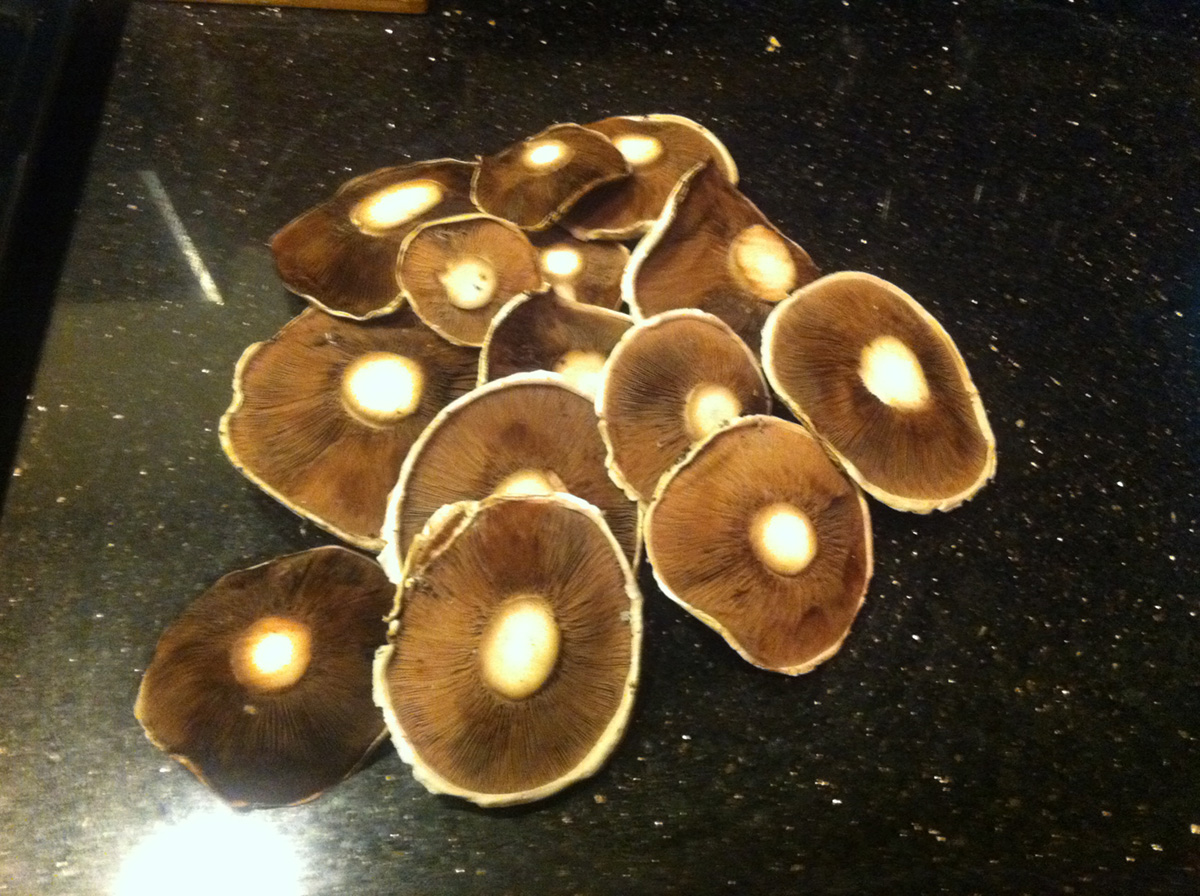
Potassium is the chemical element abundantly found in many foods. Various foods and vegetables are loaded with potassium, and the best way to get sufficient daily doses of this important mineral is to eat a well balanced diet full of fresh and organic food sources. Potassium chloride is used as a substitute for table salt. People who want to reduce their total salt intake or control health conditions such as hypertension, often use this substitute. Potassium is also found in many processed foods such as tomato paste, orange juice, beet greens, white beans, potatoes, bananas and many others.
Health benefits of potassium
Potassium comes from the electrolyte family of minerals. This means that potassium has an important ability to conduct electricity when dissolved in water. Electrolytes are actually salts found in the body fluid, tissue and blood. Proper balance of electrolytes is crucial for muscle coordination, heart function, fluid absorption and excretion, nerve function and concentration. Potassium is especially important in regulating the activity of muscles and nerves.
Public Health Recommendations
Public health recommendations provide an overview of recommended daily allowances of potassium. Large doses may cause stomach upsets, intestinal problems or heart rhythm disorder. Symptoms of deficiency of potassium in the body include diarrhea, vomiting, weak muscles, breathing abnormality, hypokalemia and more.
Children 0-6 months: 400 mg6-12 months: 700 mg1-3 years: 3.5 g4-8 years: 3.8 g9-13 years: 4.5 g14-18 years: 4.5 g19+years: 4.7 gPregnant women: 4.7 gLactating women: 5.1 g
Foods rich in potassium
Eating a wide variety of healthy foods will normally provide adequate daily intake of potassium. Excellent sources of potassium include chard, crimini mushrooms and spinach. A cup of boiled Swiss chard provides 27.4% of recommended daily allowance (RDA) for potassium. 5 oz serving size of cimini mushrooms provides around 185% of RDA, and a cup of boiled spinach somewhere around 24% of RDA. Very good sources of potassium include fennel, kale, mustard greens, Brussel sprouts, broccoli, winter squash, blackstrap molasses, eggplant, cantaloupe and tomatoes. This mineral is also found in parsley, cucumber, bell pepper, turmeric, apricots, ginger root, strawberries, avocado, banana, tuna, halibut, cauliflower and cabbage.
Sometimes, a person can eat a lot of potassium rich foods and still be deficient on this important mineral. Various factors might contribute to a deficiency of potassium. For example, excessive physical activity, excessive sweating, poor water intake or overuse of coffee and other diuretics, may demand higher dosages of potassium. People with high blood pressure may also require above-average dosages.



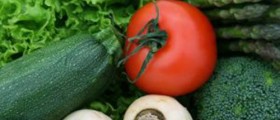
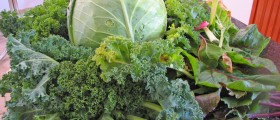
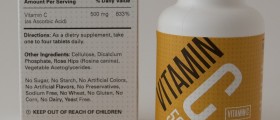

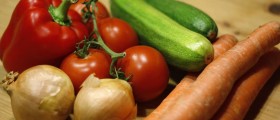
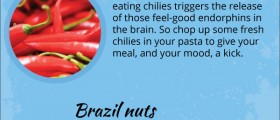
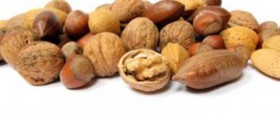
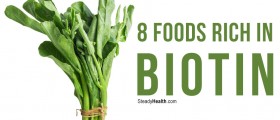


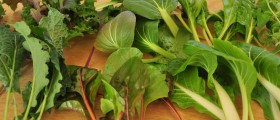


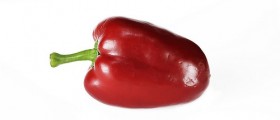
Your thoughts on this
Loading...